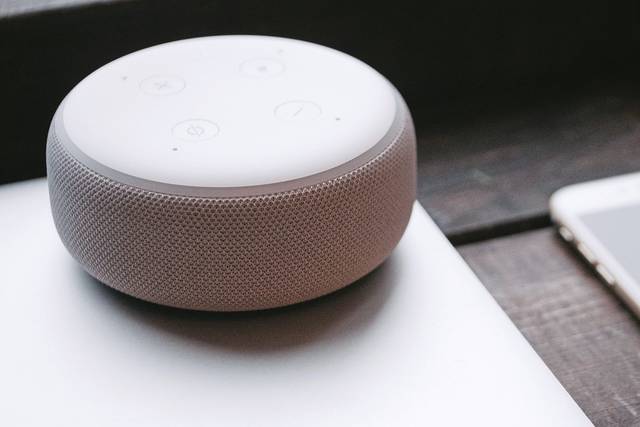Could Alexa replace Big Pharma when it comes to pain control?
In a news release touting their ongoing programs in information sciences, researchers at Penn State said they believe they can deliver pain control through guided mindfulness practices via Amazon’s Alexa.
“In particular with opioid addiction, there has been quite a bit of progress in coming up with methods that are non-addictive, and mindfulness is one of them,” Saeed Abdullah, the project’s primary investigator, told Penn State News. He’s an assistant professor of information sciences and technology.
Advocates have long contended that Mindfulness-Based Stress Reduction techniques can help those suffering with chronic pain without resorting to prescription drugs or opioids. But as in all else in life, consistency is a problem. Researchers said they’re working to come up with a program that would aid patients in their efforts to practice mindfulness through a virtual coach.
“There are many (Mindfulness-Based Stress Reduction) applications for smart phones, but the one challenge, especially for people who are in chronic pain, is even getting to their smartphone device or finding another mechanism if they want a guided practice,” says Stephanie Lanza, professor in the Penn State Department of Biobehavioral Health. “With Alexa, you don’t have to get up from your seat to access the practices.”
The Penn State researchers said making it easier to practice mindfulness via Alexa and expanding the use of mindfulness for chronic pain management might help prevent opioid addiction.








